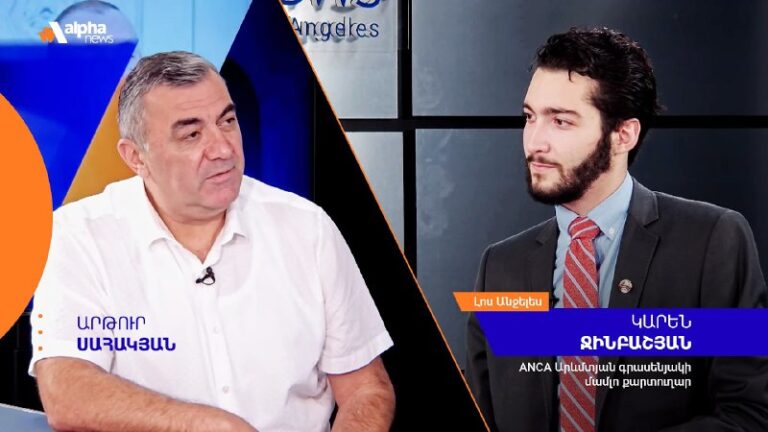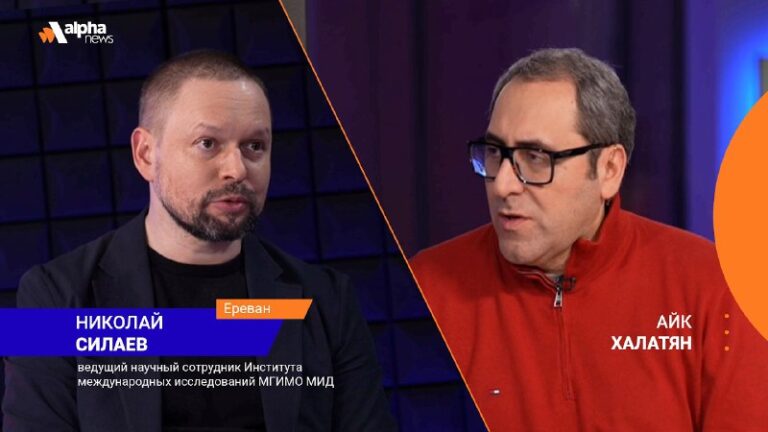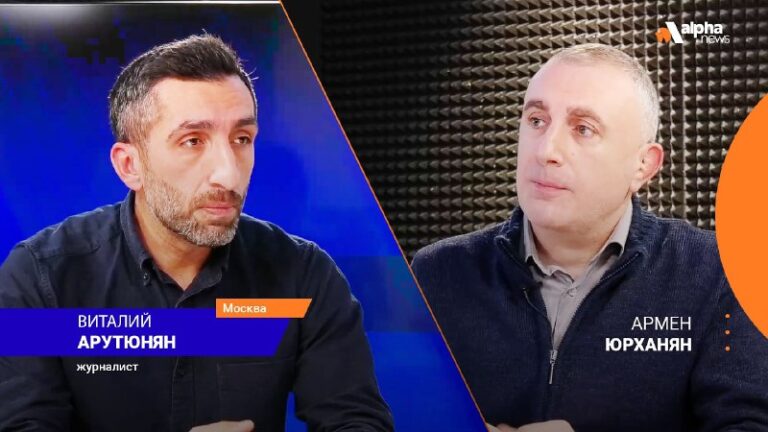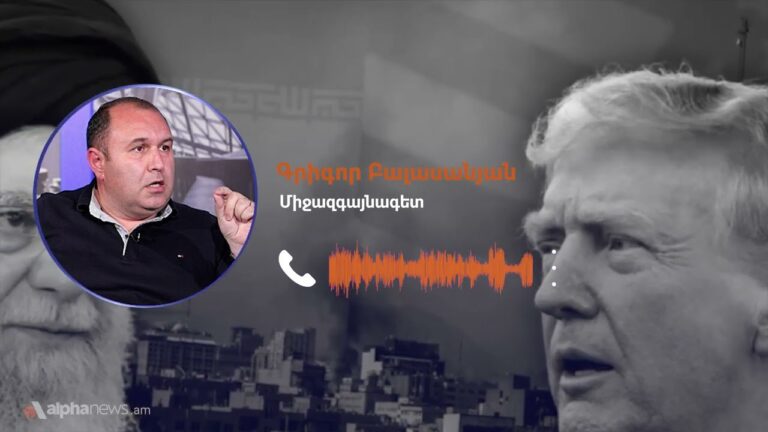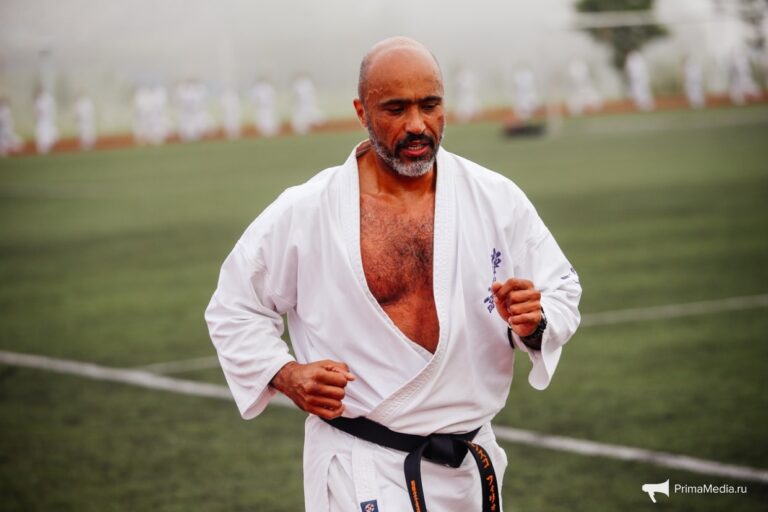“Discussions on the Khojaly issue” should satisfy the peoples of Armenia, Artsakh and Azerbaijan
May 31 2024, 14:09
Do you remember how in 2018–2019 Nikol Pashinyan actively repeated that “the solution to the Karabakh issue should satisfy the peoples of Armenia, Artsakh, and Azerbaijan”? We all see how these statements of Pashinyan ended—peace and silence are in Karabakh, but the silence is deadly. There are no Armenians in Artsakh, but there is silence, and Pashinyan can state that “not a single Armenian has been killed in Artsakh since 2023.”
In general, Nikol Pashinyan initially supported the primitive concept that Karabakh is the “core” of the Armenian-Azerbaijani conflict, and once Karabakh is surrendered, it will help establish peace between Armenia and Azerbaijan, establish peace between Armenia and Turkey, and also help push Russia out of the region.
The whole issue, however, was that the Armenian-Azerbaijani conflict over Karabakh was only part of a larger Armenian-Turkish conflict, the essence of which is that the Turks settled in historical Armenian territories. They always had concerns that, at some point, the balance of power in the region may change in such a way that the Armenians will “take revenge.” The word “revenge” worries not only Baku but also Ankara, and not only since 2020…
To prevent this, our geopolitical rivals (or enemies, whatever you want to call them) are methodically reducing the “area of residence of Armenians,” decreasing it today to 29,730 square kilometers.
But even this seems not enough, hence the ideas that there is a mythical “Western Azerbaijan,” that “Sevan is an ancient Azerbaijani lake,” that “there is no alternative to the Zangezur corridor,” that “Armenians must pay compensation for the occupation of Artsakh,” and also Ilham Aliyev’s idea, introduced two days ago, that Armenians should apologize for the “tragedy in Khojaly” that occurred in 1992.
We will not analyze the events of 1992 now but only note that if all the above-mentioned demands of Azerbaijan and Turkey are implemented, the Armenian state, if it remains, will be frankly unviable, which will eventually lead to the exodus of Armenians from Armenia, just as the Armenians left Artsakh.
The topic of the “Khojaly events” is being raised not only by Azerbaijan but also by Turkey, which is interested in it the most. For Turkey, it is important not only that Nikol Pashinyan reject accusations against Turkey for Genocide (as he did in his message on Armenian Genocide Remembrance Day), but also that the stigma of the people who committed the genocide be “burned on the forehead of the Armenian people.” In other words, if Pashinyan apologizes for “inflating the myth of the Armenian Genocide of 1915” and blames Russia for those tragic events, then he should add to this apology a statement that “discussions on the Khojaly issue” should satisfy the peoples of Armenia, Artsakh, and Azerbaijan.
Think about it…

